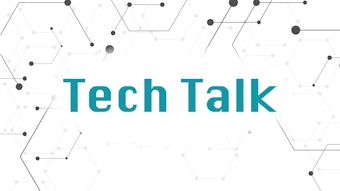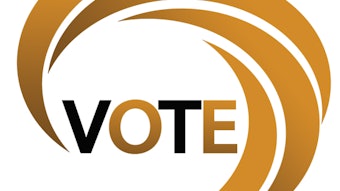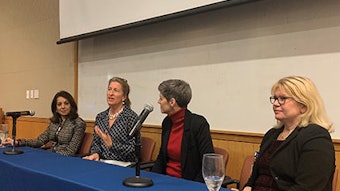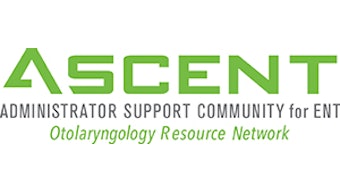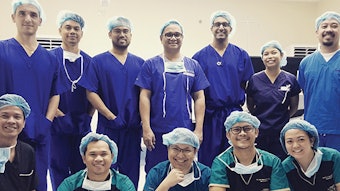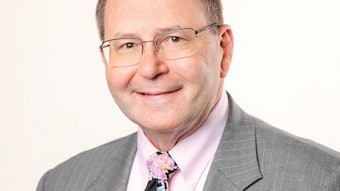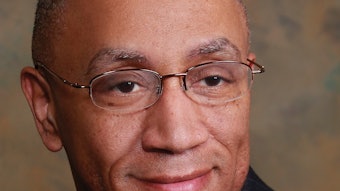Recognizing Your Dedication and Skills During This Critical Time
We recognize the significant impact the COVID-19 pandemic has already had and will continue to have on your day-to-day lives, particularly relating to your ability to practice otolaryngology. First of all, we thank you for the dedication and skills that you each bring to the critical services you and your staff provide to a very anxious and fearful population.
Duane J. Taylor, MD, AAO-HNS/F President, and James C. Denneny III, MD, AAO-HNS/F Executive Vice President and Chief Executive Officer
Note: This piece reflects the current COVID-19 situation as of March 23, 2020. The fast-changing pace of information related to this pandemic may not all be reflected in this column due to the Bulletin’s publication schedule.

We recognize the significant impact the COVID-19 pandemic has already had and will continue to have on your day-to-day lives, particularly relating to your ability to practice otolaryngology. First of all, we thank you for the dedication and skills that you each bring to the critical services you and your staff provide to a very anxious and fearful population.
The Academy continually monitors the progress of the COVID-19 pandemic and rapidly accumulating scientific information related to the virus. There continues to be an evolving understanding of the particular risks for otolaryngologists that must be included in the decision-making process for delivering patient care. In particular, a high rate of transmission of COVID-19 to otolaryngologists has been reported from China, Italy, and Iran, providing even further evidence that otolaryngologists are among the highest risk group when performing upper airway surgeries and examinations.
The difficulty in identifying those with the disease without readily available, formal testing and adequate supplies of personal protective equipment has added significant stress to already strained healthcare resources, particularly for otolaryngologists. The restrictions on elective surgical procedures and decreased patient volume due to limiting care only to time-sensitive, urgent, and emergent medical conditions, will be challenging financially for the next several months, especially with likely staff and personal fatigue.
There will be significant heterogeneity in potential exposure based on practice type and location as well as differing levels of support for you and your patients. Shortages of personal protective equipment and other supplies for both hospital and office-based care will necessitate careful stewardship to successfully get through this.
There may well be varying recommendations and government mandated restrictions for different parts of the United States based on relative risk and actual documented disease penetration. It will be important for each physician to be familiar with the relative risk in their area as well as the resources available to them.
The Academy continues to monitor the evolving situation and keep you informed in a timely fashion. You may have noted the increase in emails and ENTConnect posts on this topic. We are also utilizing social media and OTO News. While we try not to oversaturate your inboxes in normal situations, we are employing all efforts to get you this critical information across platforms for your easy access, such as our statements on Otolaryngologists and the COVID-19 Pandemic, New Recommendations Regarding Urgent and Nonurgent Patient Care, and Academy Supports CMS, Offers Specific Nasal Policy found on the Academy’s Coronavirus Disease 2019: Resources webpage (https://www.entnet.org/content/coronavirus-disease-2019-resources).
We realize that other recurring practice needs and concerns related to financial relief from COVID-19 impact private payer payment policies, particularly preauthorization and denials will continue to demand attention and we will continue to aggressively advocate for you, your practice, and your patients in these matters. We will also continue to follow federal and state regulatory activities that threaten the underpinnings of your practices that are advancing in the face of pandemic response. As always, you, your staff, and your patients are our foremost priority. Please be safe!
